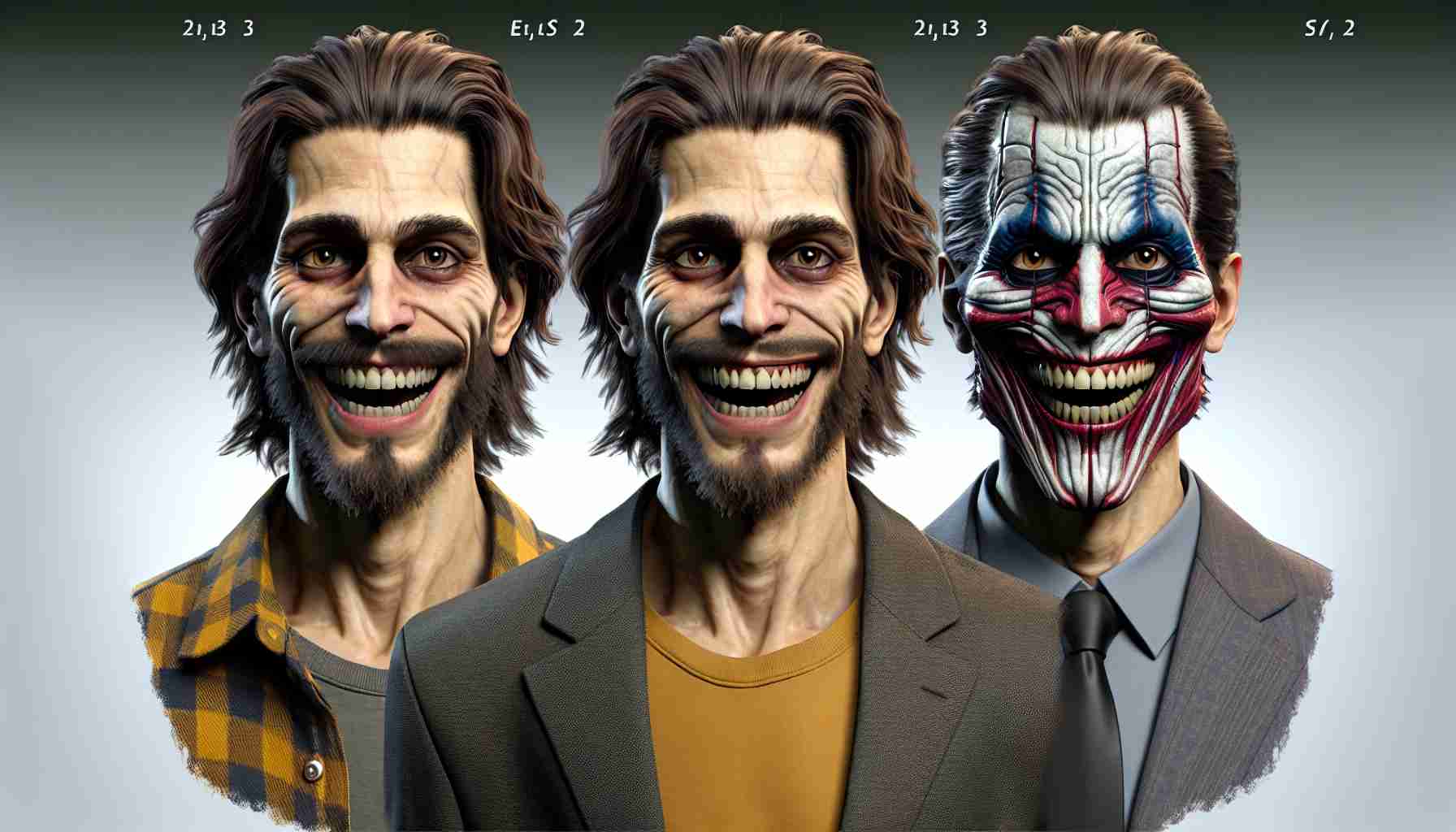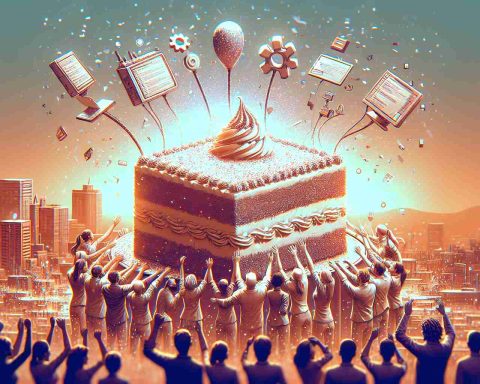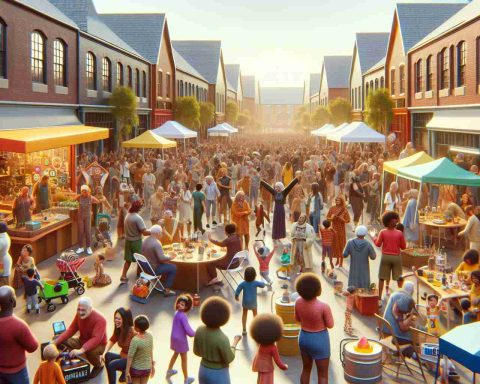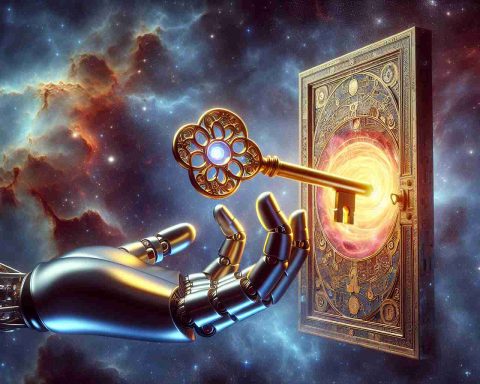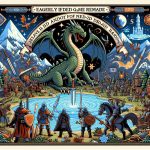While “Joker: Folie à Deux” faced challenges at the box office, its finale has sparked significant conversations among audiences. The conclusion showcases a moment of shocking violence, as the character Arthur Fleck, portrayed by Joaquin Phoenix, meets a grim fate at the hands of a fellow inmate. This scene not only highlights the chaos surrounding Arthur’s life but also hints at the legacy of the Joker character, suggesting a continuation of his dark influence even beyond his own demise.
Interestingly, an exclusive report reveals that the original “Joker” film almost included a strikingly similar moment. In an earlier draft, Arthur was depicted inflicting a scar on himself, adopting the iconic smile reminiscent of Heath Ledger’s portrayal. However, this concept was ultimately abandoned. Surprisingly, it was not director Todd Phillips who rejected the idea, but Christopher Nolan, a prominent filmmaker with strong ties to Warner Bros. Nolan’s desire to maintain the uniqueness of Ledger’s Joker character influenced this creative decision.
Given Nolan’s complex relationship with Warner Bros., his input carried immense weight. The shifting dynamics between the studio and Nolan have evolved significantly, especially following disagreements over film distribution strategies amid the pandemic. As “Folie à Deux” draws interest for its contentious conclusion, the creative choices made along the way reveal the intricate intertwining of artistic vision and studio politics in the cinematic world of the Joker.
The Unseen Paths of Joker’s Evolution: A Deeper Exploration
The Joker, one of the most iconic villains in pop culture, has evolved significantly over the decades, showcasing not only a range of performances but also an exploration of deeper psychological themes. The character’s journey has encompassed various mediums—from comic books to television series to blockbuster films—each iteration reflecting current societal issues while adding layers to his complex persona.
What are the psychological dimensions of the Joker that influence his portrayal?
The Joker embodies chaos and unpredictability, which serve as metaphors for real-world issues, such as mental illness and societal neglect. Films like “Joker” (2019) and “Joker: Folie à Deux” delve into Arthur Fleck’s struggle with mental health, showcasing how societal indifference can exacerbate personal turmoil and lead to violence. This portrayal raises questions about empathy and the consequences of stigma surrounding mental health.
What are the main challenges faced by filmmakers in depicting the Joker?
One significant challenge is balancing the character’s chaotic nature with profound emotional depth. Critics argue that while Joker’s violent tendencies reflect real-world issues, they risk glorifying violence or misrepresenting mental health struggles. Moreover, filmmakers must navigate the legacy of previous portrayals—particularly that of Heath Ledger, whose performance in “The Dark Knight” has become a cultural touchstone.
What controversies arise from the Joker’s narratives?
The Joker’s stories often spark debates about morality and the glorification of antiheroes. Some contend that his complex narratives blur the lines between right and wrong, potentially leading audiences to sympathize with his harmful actions. The depiction of mental illness in association with violence further complicates discussions, with advocates highlighting the danger of reinforcing harmful stereotypes.
Advantages and disadvantages of the Joker’s evolving portrayal:
Advantages:
– The Joker serves as a compelling lens through which to explore themes of alienation, suffering, and societal failure.
– Each adaptation challenges audiences to reconsider their perceptions of morality and mental illness, promoting meaningful dialogues.
Disadvantages:
– The character’s notoriety for violence could potentially inspire copycat behavior among vulnerable individuals.
– Misrepresentation of mental illness, through oversimplified or sensationalist narratives, can contribute to stigma and misunderstanding.
As “Joker: Folie à Deux” continues to generate discussion regarding its themes and implications, it underscores the enduring legacy of the Joker as a character who reflects the darkest corners of human experience. With ongoing debates about representation and the responsibility of filmmakers, the path ahead remains fraught with both opportunity and peril.
For further exploration of the Joker’s legacy and its impact on culture, visit Warner Bros. and DC Comics.
